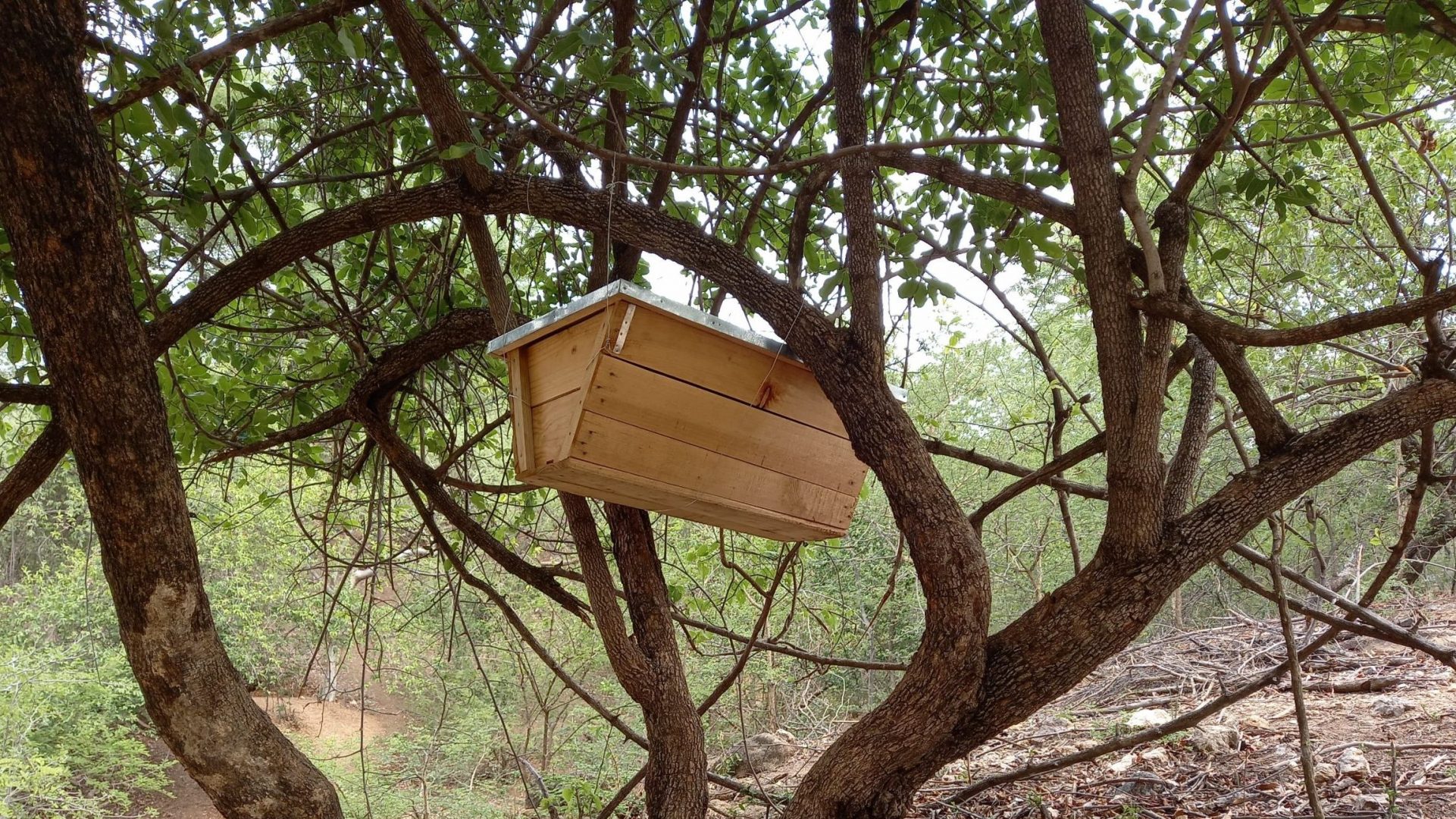Beekeeping project set to unlock economic revenue for the rural folk
Through the Zimbabwe Idai Recovery Project (ZIRP), the World Food Programme (WFP) implemented a beekeeping project with 20 startup beehives. Provided at six sites in Chipinge and Chimanimani districts, the project aims to ensure economic self-reliance and revenue for Cyclone Idai survivors left in ruins two years ago.
Communities in Chipinge and Chimanimani are pinning their hopes on the project, which can work as an appendage to acquire the most needed income in various households amid the COVID-19 pandemic. The beehives are complete with bee suits, smokers, gumboots, gloves and solar extractor.
According to WFP, the project is market-driven and is expected to unlock economic revenues for the rural folk.
“The project was prioritised by the communities as a way of improving nutrition from locally produced natural and healthier foods like honey made locally from their own bees. In addition to improving nutrition, the project was also motivated by its potential to generate extra income as there is a ready market for raw honey, which works as a catalyst to the survival of this project,” a WFP official said.
“An Apiculture training was conducted by Agritex apiculture specialist; Committees (production and marketing) were established to oversee the running of the project, from honey production, packaging and marketing. A constitution was also formulated and endorsed by the traditional leaders and Government stakeholders.”
This development comes as Southern Alliance for Indigenous Resources (SAFIRE) under ENSURE established a honey processing plant in Nyanyadzi, which promoted honey production in the district, thereby attracting buyers from outside Chimanimani.
“Currently, one can get USD 75 from a 20litre bucket of honey, and I am confident that this project will be successful in empowering a lot of people financially across the community. Personally, beekeeping has been very rewarding for my family and me,” John Mubururu, a project beneficiary from one of the sites (Chakohwa), said.
Chakohwa beekeeping project chairperson, who identified himself as Makowa, said as much as the lockdown is stalling the project, two beehives are now operating in full swing while plans to expand to the remaining 18 are underway.
“As soon as this project becomes fully functional without lockdown, we will continue as planned, and the community will gain financially. Currently we are working with village committees in setting up fireguards and establishing market linkages for our honey to be marketable as soon as the project starts to take fuller shape,” Makowa said.
The Chakohwa project is set to benefit 50 households. For the three Food for assets sites, the total is 150 households which also happen to be beneficiaries of the gardens and hatcheries. To ensure economic growth through improved income generation, beekeeping is practised together with existing traditional farming, improving and maintaining biodiversity.
In upholding Environmental and Social Screening (ESS), the Agency also introduced a tree planting nursery project to reduce environmental degradation. Each beneficiary household produces an average of 10 – 15 trees from the 2,350 participating households. A total of at least 23,500 trees will be planted.
“Communities will also replant trees to replace those cut down and provide stands for the beehives. The trees planted will act as suitable sites for the apiary project as the beehives are mounted in trees,” WFP pointed out.
“Reforestation activities enable communities to sustainably manage forests, combat desertification, and halt and reverse land degradation and halt biodiversity loss, in so doing they create conditions that promote sustainable agriculture.”
Through experiences and opportunities, apiculture creates a future generation that is more food resilient and economically stable regardless of unpredictable climatic changes. Beekeeping can unlock untapped economic revenue. In building back better, ZIRP is offering communities long-term resilience.

